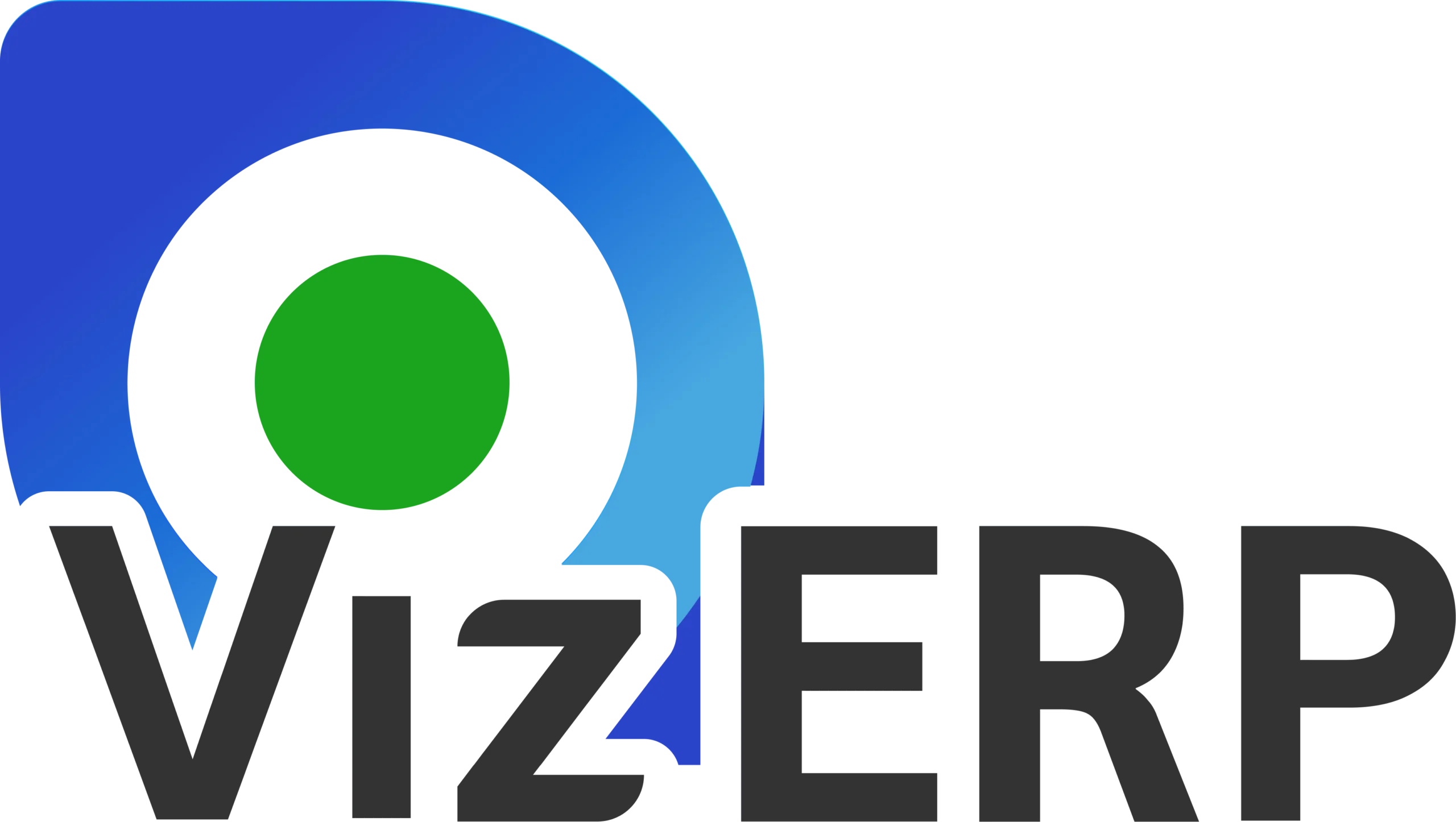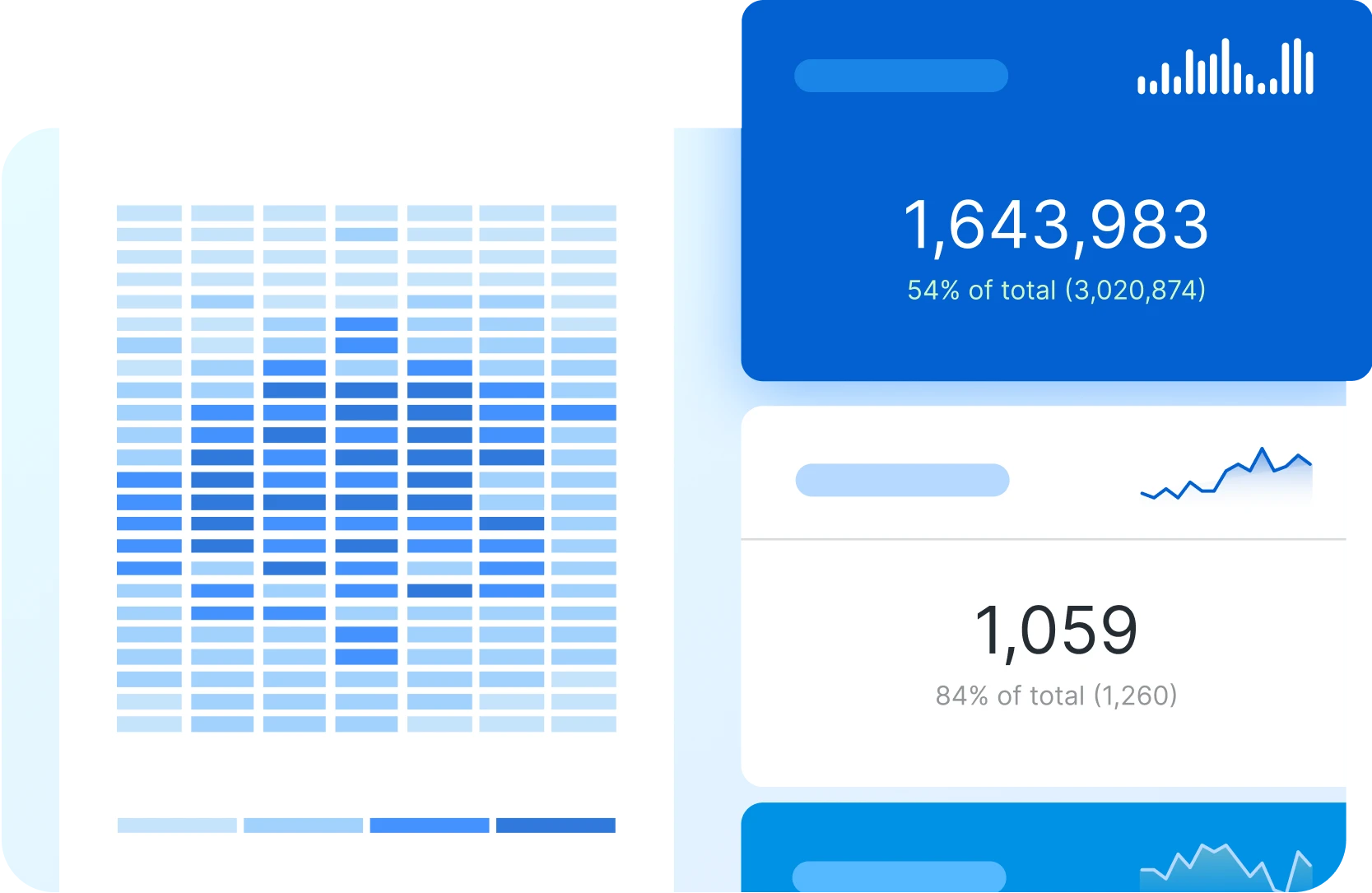In today’s dynamic healthcare landscape, where rapid changes such as mergers, acquisitions, and increased patient demand are the norm, healthcare organizations must be equipped with the tools to adapt swiftly and seamlessly. At the heart of this adaptability lies the need for a robust, scalable, and flexible ERP system, designed to accommodate these transformations without disrupting daily operations or compromising the quality of patient care.
The Importance of Scalability in Healthcare ERP Systems
Scalability refers to the capability of an ERP system to efficiently manage growing workloads, additional users, and new business processes without necessitating significant investments in hardware, software, or additional personnel. For healthcare organizations, this means being able to scale up their operations as they expand, whether through the opening of new facilities, onboarding of more patients, or integration of new service lines. A scalable ERP system ensures that an organization can grow and evolve without being hindered by the limitations of its technology infrastructure. This is especially critical in healthcare, where patient demand can fluctuate rapidly, and the ability to scale services quickly can directly impact patient outcomes.
For instance, during a sudden increase in patient load—such as during a public health crisis—an organization with a scalable ERP system can swiftly adjust its resources, ensuring that all critical functions continue to operate smoothly. This adaptability helps healthcare providers avoid bottlenecks and maintain a high standard of care, even under pressure.
Flexibility: Adapting to Change with Ease
Flexibility, on the other hand, refers to the ERP system’s ability to adapt to changing requirements and industry trends. In the healthcare sector, where regulations, technologies, and patient care protocols are continually evolving, an ERP system must be capable of being reconfigured to meet new demands. This might involve integrating with new technologies, such as telemedicine platforms or advanced diagnostic tools, or adjusting workflows to accommodate updated healthcare regulations and standards.
A flexible ERP system empowers healthcare organizations to stay ahead of industry trends, ensuring that they can quickly implement new processes or technologies without extensive downtime or retraining. For example, as value-based care models gain traction, a flexible ERP system can support the shift from volume-based to outcome-based care by adjusting financial and operational workflows accordingly.
Key Considerations for Healthcare Decision-Makers
When evaluating ERP systems, healthcare decision-makers should carefully consider a few critical factors. Firstly, they need to assess their organization’s anticipated growth trajectory. Understanding how much growth is expected in terms of patient numbers, service offerings, and geographical reach can guide the selection of an ERP system that will support future expansion.
Secondly, it’s essential to consider the existing technology landscape within the organization. The chosen ERP system should be compatible with the current IT infrastructure, including electronic health records (EHR) systems, billing platforms, and other critical applications. Compatibility ensures smooth integration and minimizes the risk of operational disruptions during the ERP implementation phase.
Finally, the importance of vendor support cannot be overstated. Healthcare organizations should evaluate the reputation, experience, and commitment of ERP vendors to ongoing support and maintenance. A vendor with a strong track record in the healthcare sector is more likely to understand the unique challenges of the industry and provide the necessary support to ensure the system remains up-to-date and responsive to emerging needs.
The Benefits of Investing in Scalable and Flexible ERP Systems
By investing in a scalable and flexible ERP solution, healthcare organizations can achieve numerous benefits that extend beyond mere operational efficiency. Firstly, a well-implemented ERP system can significantly streamline processes, reduce manual tasks, and enhance overall productivity. This, in turn, allows healthcare providers to focus more on patient care rather than administrative tasks.
Moreover, a scalable and flexible ERP system enhances decision-making capabilities by providing valuable insights through data-driven analytics. Access to real-time data allows healthcare leaders to make informed decisions that improve patient outcomes, optimize resource allocation, and enhance financial performance.
Furthermore, these systems play a pivotal role in improving patient care. By enabling better care coordination and providing seamless access to patient information across departments, an ERP system ensures that healthcare providers have the information they need at their fingertips, leading to more accurate diagnoses and more personalized treatment plans.
Finally, a scalable and flexible ERP system helps reduce costs. By optimizing resource allocation, minimizing waste, and improving financial performance, healthcare organizations can achieve a more sustainable and cost-effective operation. This is particularly important in an industry where financial margins are often tight, and the need to deliver high-quality care while managing costs is paramount.
Conclusion
In conclusion, scalability and flexibility are not just desirable features but essential attributes of modern healthcare ERP systems. By prioritizing these factors, healthcare organizations can ensure their ability to adapt to changing market conditions, improve operational efficiency, and, most importantly, deliver high-quality patient care. As the healthcare landscape continues to evolve, those organizations that invest in scalable and flexible ERP systems will be best positioned to thrive, ensuring that they can meet the needs of both their patients and their business.





